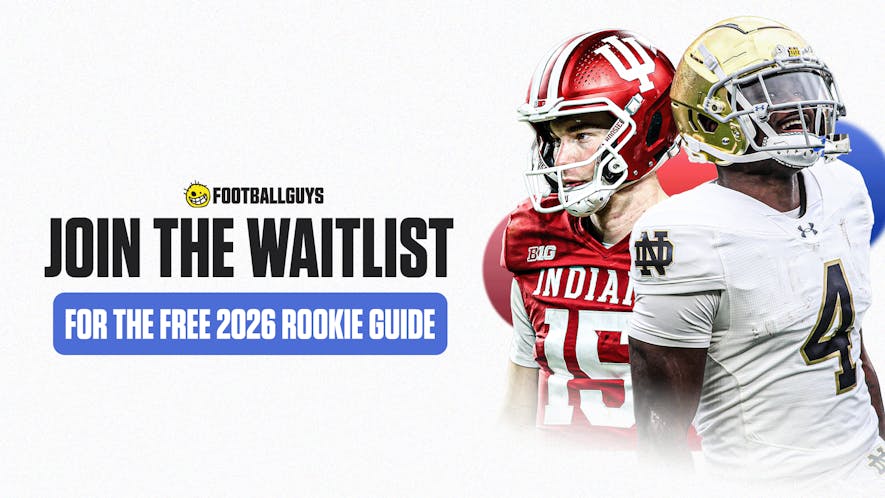There's a lot of strong dynasty analysis out there, especially when compared to five or ten years ago. But most of it is so dang practical-- Player X is undervalued, Player Y's workload is troubling, the market at this position is irrational, and take this specific action to win your league. Dynasty, in Theory is meant as a corrective, offering insights and takeaways into the strategic and structural nature of the game that might not lead to an immediate benefit but which should help us become better players over time.
The Best Team Usually Loses
One of my favorite topics to write about is how unlikely any given team is to win a championship. Last year, I shared data from over a thousand leagues showing that the higher-seeded team won about 58% of matchups. I started this year by building a model that calculated title odds based on various assumptions to test the impact of "win-now" trades.
I've used a half-dozen other approaches over the years, and they all tend to converge on the same point: there's about a 1-in-3 chance that the best team will win the title in any given year. Which means there's a 2-in-3 chance it goes to a team other than the best one.
Usually after sharing these sobering figures, I end with something to the effect of "hopefully you managed to reach your league's championship; if so, may the best team win". But one of our core values at Dynasty, in Theory is "question the obvious stuff". Or, as I put it in the third column, more than a decade ago:
It is because of this phenomenon that one of my personal aphorisms is “There are few things as dangerous as a plausible narrative.” Plausibility is a drug that lulls us into complacency. It causes us to accept without verifying. Some of the greatest fantasy malpractice will be committed in the name of “common sense”. Instead, I would encourage everyone to develop a little bit of uncommon sense. We must start questioning things that sound intuitively right with the same tenacity we typically reserve for questioning things that sound intuitively wrong. We must engage in a daily struggle against the temptation to shut down our critical faculties in the face of reasonable statements; and make no mistake, it is a daily struggle. When our thinking is naturally lazy, we must begin to think unnaturally.
With that admonition at the top of my mind, I want to unpack that cliche. Do we really want the best team to win?
A Misleading Reflex
My knee-jerk response is "of course" for the same reason all of yours' is-- because we are all disproportionately likely to believe we are the best team. (If not, we're at least more likely to believe we're the best manager.)
Most managers have a league that means more to them than their others. For me, that's my oldest dynasty league. I started it in 2007 with a group of guys I'd been playing fantasy with since 2002. We're wrapping up our 18th season. I won three of the first seven years, but since then, things have been fairly frustrating.
Over the previous ten years, my average all-play winning percentage was 70.1%. I made the playoffs nine times, earned a first-round bye eight times, made six championship games... and won one title. I thought this year might break the slump, but in the semifinals, I set an all-time scoring record... for a team that lost. (I had the 5th-highest score of any team all season but just happened to face the 3rd-highest score.)
Making it more frustrating, there's another manager who has only finished in the Top 3 in either points or all-play record three times (only one of them a first-place finish). He won the title all three years. Another manager only finished in the Top 3 in points or all-play record twice (neither a first-place finish). He won the title both years, plus another year where he was just 5th in points and 6th in all-play. Another manager ranked 2nd-to-last in scoring but made the playoffs thanks to incredible schedule luck and won the whole thing.
Selfishly, I feel like some of those titles should have been mine. Either some of my all-time great teams should have been rewarded for their dominance, or else some of my solid-but-unspectacular teams should have had some lucky runs of their own. It doesn't seem fair.
But the point of fantasy football isn't to be fair; it's to be fun.
Imagining Some Alternatives
We can easily imagine a world where the "best" team was no more likely to win than any other. Every week's matchup is essentially a coin flip with more steps. Nothing you do makes your team more or less likely to win, so there's no point doing anything. In such a world, fantasy football would die out extraordinarily quickly.
We can just as easily imagine a world where the best team always won. Every year, one team would go undefeated. Opposing managers wouldn't even bother setting their lineups because it wouldn't matter, anyway. Dynasty leagues would likely only last for a couple of years before everyone got sick of one manager winning all the time and quit. 90% of fantasy football players would find the hobby brought nothing but frustration.
But what might not be immediately obvious is this world probably sucks for the best manager, too.
If you don't fear the loss, you won't value the win.
— Adam Harstad (@AdamHarstad) December 24, 2024


